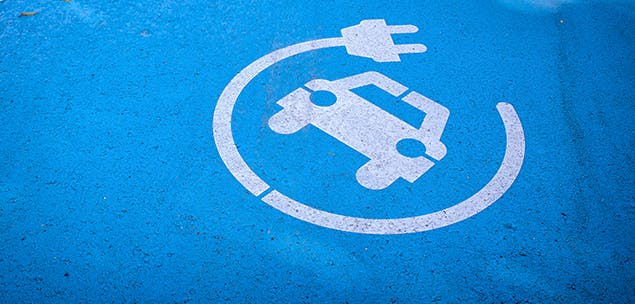Vacuum company Dyson has revealed plans to invest £2 billion (AUD: $3.4 billion) into building an electric car due to be launched in 2020.
In a letter to staff, Dyson founder, James Dyson, announced that the company had begun work on the battery electric vehicle.
“We’ve started building an exceptional team that combines top Dyson engineers with talented individuals from the automotive industry. The team is already over 400 strong, and we are recruiting aggressively,” Mr Dyson said.
In his letter, Mr Dyson also stated that his ambition was to ‘find a solution to the global problem of air pollution’.
“In 1988 I read a paper by the US National Institute for Occupational Safety and Health, linking the exhaust from diesel engines to premature death in laboratory mice and rats.
“In March 1990 a team at Dyson began work on a cyclonic filter that could be fitted on a vehicle’s exhaust system to trap particulates. By 1993 we had developed several working prototypes and showed an early iteration to British television programme Blue Peter. The team went on to develop a much more sophisticated technology.”
He said that at the time, nobody was interested in employing Dyson’s diesel exhaust capture system and the project was dropped.
“In the period since, governments around the world have encouraged the adoption of oxymoronically designated ‘clean diesel’ engines through subsidies and grants.”
However, Mr Dyson said that since automotive firms “were not changing their spots, I committed the company to develop new battery technologies. I believed that electrically powered vehicles would solve the vehicle pollution problem.”
According to World Health Organisation reports “in 2012 about 7 million people died – one in eight of total global deaths – as a result of air pollution exposure.”
Mr Dyson said: “It is our obligation to offer a solution to the world’s largest single environmental risk.
“At this moment, we finally have the opportunity to bring all our technologies together into a single product. Rather than filtering emissions at the exhaust pipe, today we have the ability to solve it at the source.”
“The project will grow quickly from here but at this stage we will not release any information.
“Competition for new technology in the automotive industry is fierce and we must do everything we can to keep the specifics of our vehicle confidential.”
The letter to staff was posted on Dyson’s Facebook page and Twitter feed.

